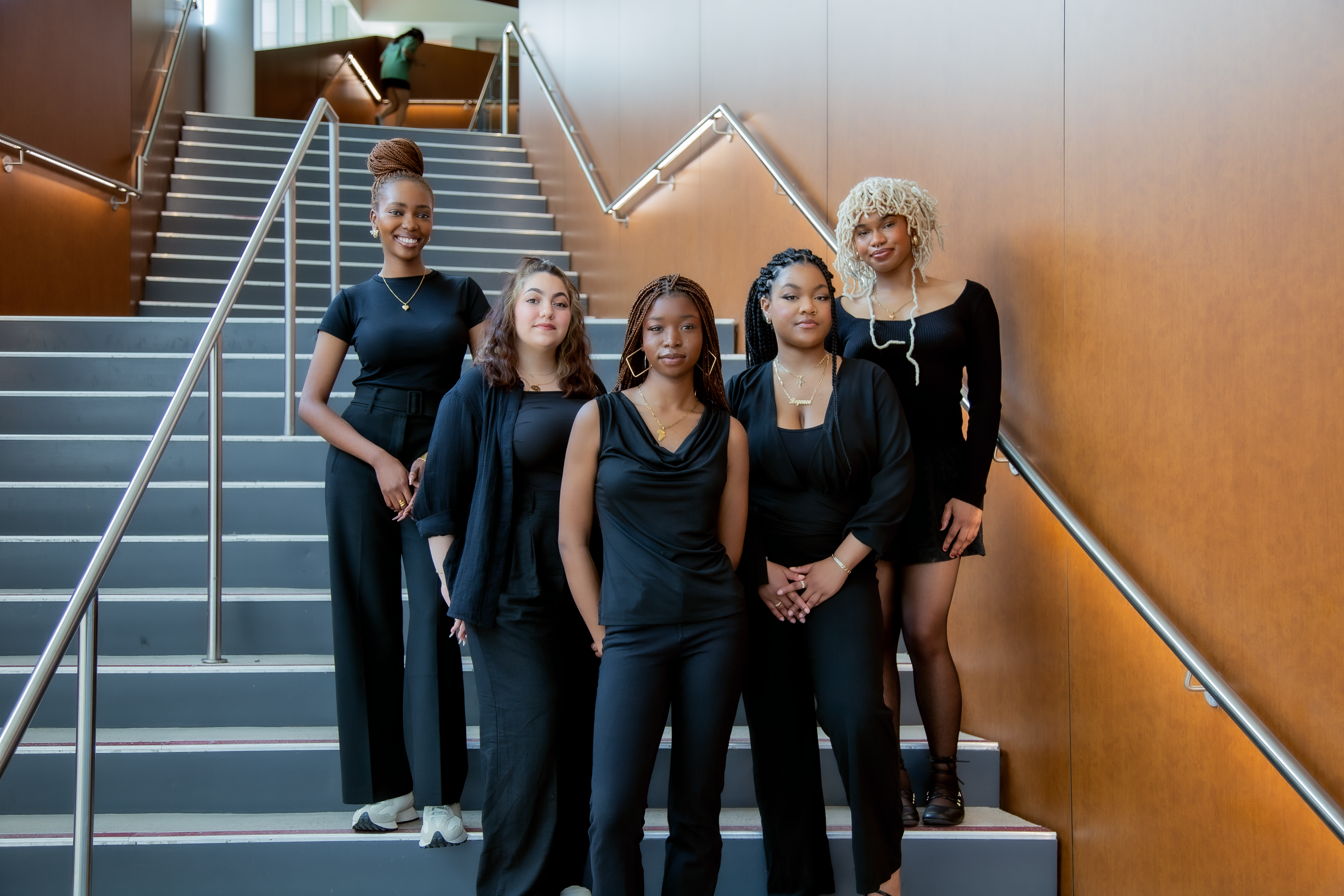Not long after the university recovered from the devastating impacts of COVID-19, York students were in for another difficult year.
In the aftermath of the CUPE 3903 strike and high tensions between the unions and the university administration, Excalibur sat down with York Federation of Students’ (YFS) President Aïssata Hann to find out how the union representing over 50,000 undergraduate students at York plans to take the community forward.
“We are really looking forward to engaging with the membership as much as possible this year,” says Hann.
To combat widespread unawareness about the various services provided for students, the YFS makes educating members about these opportunities a top priority and encourages students to maximize their use of the available support.
Among crucial YFS services, the Health and Dental Plan provides coverage for up to 80 per cent of prescription medication up to $1000, 10 sessions with a registered psychotherapist for up to $125 per session, eye care, and many more services through GreenShield insurance.
Despite the increase in the cost of the plan and limitations on some coverage compared to previous years, Hann reassures that the YFS does its best to “shop around” and find the best options for students.
“We have a lot of really, really great coverage in there,” Hann says. “We noticed that there was an increase in mental health [coverage demands], which is great that we’re able to provide that. But again, it speaks to the fact that students are struggling.”
The YFS also funds many clubs at the university, including TBLGAY, Amnesty International, sports, professional development, and religious organizations. The Food Support Centre, created by the YFS, supplies students in financial need with non-perishable goods.
Over the years, the YFS has expressed concerns about the university’s infringement on student autonomy.
The Regulation Regarding Student Organizations, adopted on Jan. 1 2023, requires clubs to reconcile certain policies and practices with the university to maintain their status and funding.
Hann calls this inappropriate and undemocratic.
“They are continuing to try and tell us what we can and can’t do, when they have no right to do so,” she says.
“We do not work for the university. We will collaborate with them sometimes on certain things because, again, our priority is our membership and the students.
“[York’s administration] not recognizing our autonomy has been a frustration,” concludes Hann.
The YFS continues its active engagement with campus and worldwide politics. Its current campaigns include calls to limit police presence on campus, confronting anti-black racism, and educating students about their rights.
Their latest Disclose and Divest campaign, which kicked off on Sept. 19 with a rally outside of Vari Hall, calls on the university administration to “fully disclose and divest from companies allegedly contributing to ongoing violence, colonization, and imperialism.”
Hann shares that the purpose of this campaign is to put “pressure on the university to tell us where our money is going,” in response to the claims regarding York’s allegede investment “in weapons and arms, land theft, [and] fossil fuels.”
“I’m spending thousands of dollars and I don’t even know where it’s going,” she reasons. “Money should be reinvested into the community, into the students, and our education. Not funding genocide, war, and all of the things that harm us.”
Hann says every small win for the York community is what drives her to continue the work.
“We just want students and our members to remember that this is their campus. We are here to support them. We are here to work for them. So, wherever we can, being able to do that is always going to be a great accomplishment and a win.”
—With files from Harshita Choudhary




